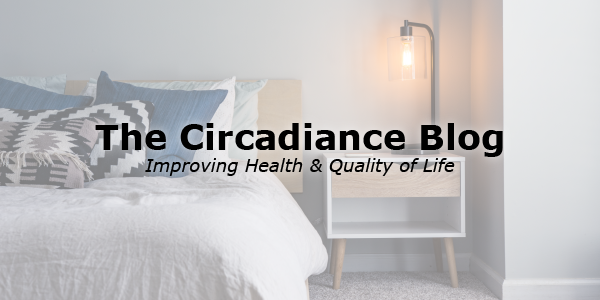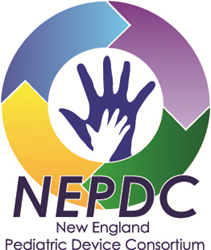“This Target Challenge allows NEPDC to support device development from concept to commercialization. By helping with the many steps in between, NEPDC hopes to maximize the chance for good ideas to end up actually helping children—who are our most important clients,” says Ann-Christine Duhaime, MD, co-director of NEPDC, in a release.
The Target Challenge provided $60,000 in funding and will allocate 200 hours of in-kind service from NEPDC member organizations to each awardee. “The National Sleep Foundation applauds the Target Challenge awardees and NEPDC for working to bring pediatric apnea monitoring devices to market,” says David M. Cloud, NSF CEO.
In-kind services offered to each awardee cover many aspects of commercialization, including:
- Engineering design and transfer to manufacturing
- Development of intellectual property and regulatory strategy
- Pre-clinical and clinical trial design and execution
- Strategic market planning and business development
- Identifying co-funding opportunities
Awarables (Potomac, MD) was awarded $40,000 and 200 hours of in-kind services to commercialize a sleep management platform that integrates a hardware sensor with software analytics for monitoring sleep disorders. “We look forward to collaborating with NEPDC and fast-forwarding the development of our sleep monitoring and management platform for improving the lives of millions of children suffering from sleep disorders,” says Madhvi Upender, founder and CEO of Awarables.
Circadiance (Export, PA) was awarded $20,000 and 200 hours of in-kind services to commercialize the next generation of its SmartMonitor technology. This new incarnation of SmartMonitor will leverage the success of its predecessor by measuring pulse oximetry, heart rate, and respiratory effort to determine the presence of apnea in patients less than 12 month of age. “We are honored to have received this grant from NEPDC, which will allow us to accelerate the commercialization of the next generation of pediatric apnea monitors. The importance of this technology in fragile, at-risk infants cannot be understated, as home apnea monitoring improves the quality of life of the family of the newborn, while reducing the overall cost of care. We are excited to continue our relationship with NEPDC,” says Circadiance CEO David Groll.
Nick Hall, founder and president of the Graham’s Foundation, says, “We are thrilled for the awardees and the potential impact their devices will have for our preemie population. We wish them all the best and look forward to finding ways to contribute the parent voice in their development.”
In addition to the Target Challenge program, NEPDC also offers commercialization resources for all pediatric medical devices through an open solicitation program. Applications from across the United States are reviewed competitively on a quarterly schedule. “These Target Challenge awards reflect on going and significant interest in NEPDC and the services as part of the FDA Pediatric Device Consortium program,” says Rick Greenwald, PhD, co-director of NEPDC.







